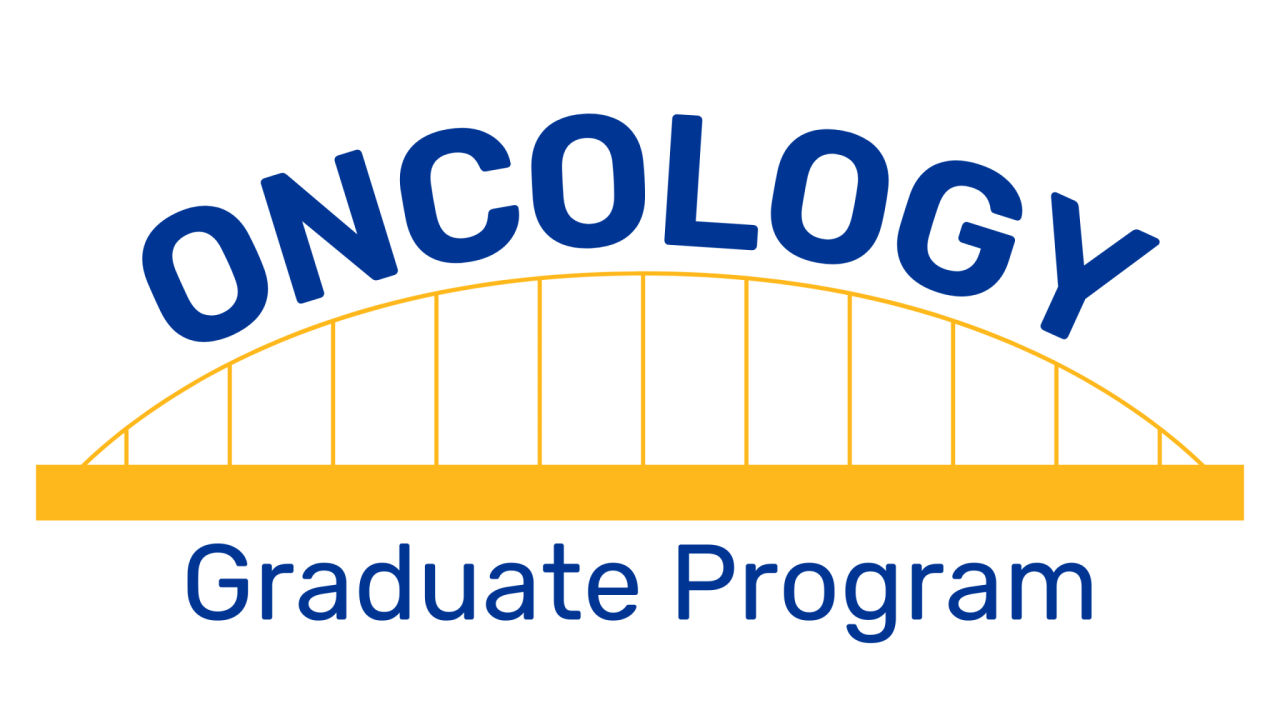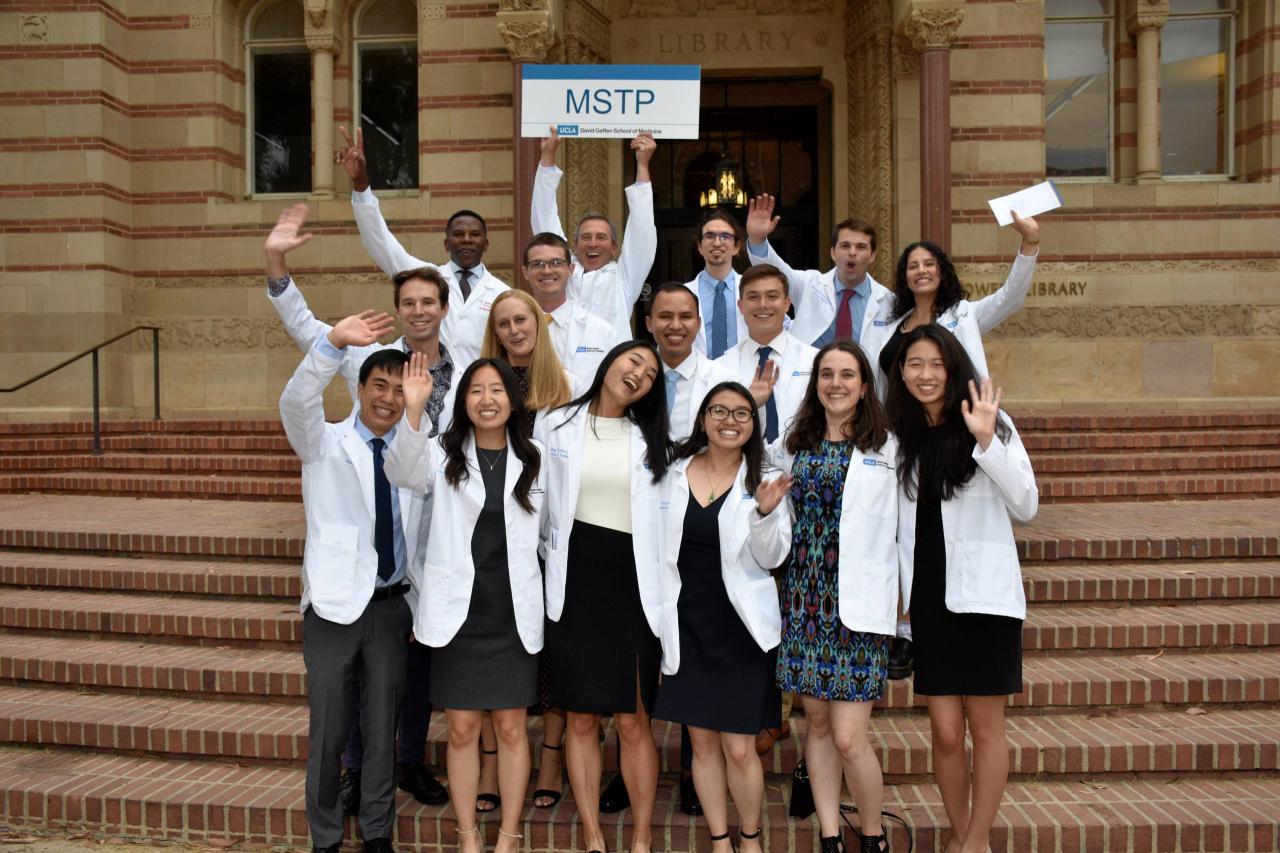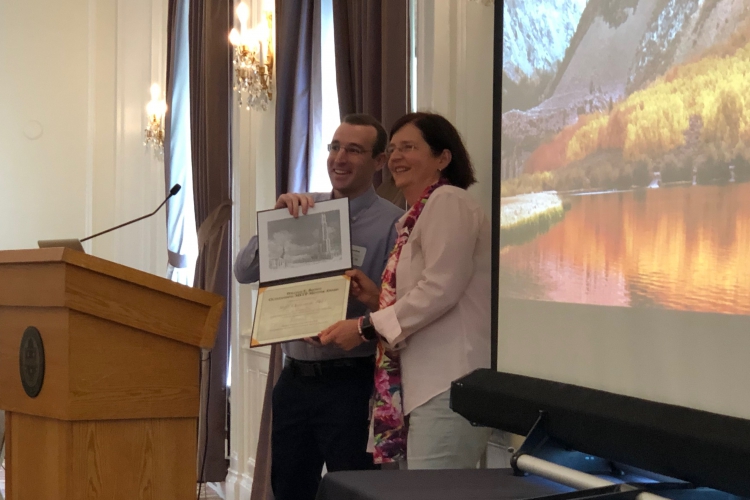The University of Pittsburgh MSTP Cancer Biology Graduate Program offers a unique and rigorous path for aspiring scientists seeking to make a significant impact on the fight against cancer. Combining the strengths of the MD and PhD programs, this program equips students with a deep understanding of cancer biology, advanced research skills, and the clinical knowledge to translate discoveries into tangible patient benefits.
The program’s comprehensive curriculum delves into the molecular mechanisms of cancer, cutting-edge research methodologies, and the ethical considerations surrounding clinical trials. Students are immersed in a collaborative research environment, working alongside renowned faculty and experienced mentors to pursue their own research projects. This emphasis on translational research ensures that students graduate with the skills and knowledge necessary to address real-world challenges in cancer treatment and prevention.
Curriculum and Research
The MSTP Cancer Biology program at the University of Pittsburgh offers a rigorous and comprehensive curriculum designed to train the next generation of cancer researchers. The program integrates a strong foundation in basic science with cutting-edge translational research experiences, preparing students to make significant contributions to the field.
Core Curriculum
The core curriculum provides a broad understanding of cancer biology, covering fundamental principles of cell biology, genetics, molecular biology, and immunology. Students delve into the molecular mechanisms underlying cancer development, progression, and treatment. The curriculum also emphasizes the interdisciplinary nature of cancer research, incorporating aspects of biostatistics, bioinformatics, and clinical oncology.
- Cancer Biology: This core course provides a comprehensive overview of cancer biology, covering topics such as the hallmarks of cancer, tumor microenvironment, cancer genomics, and cancer immunotherapy. The course integrates lectures, discussions, and interactive case studies to provide students with a deep understanding of the disease.
- Molecular Mechanisms of Cancer: This course focuses on the molecular pathways involved in cancer development, including oncogenes, tumor suppressor genes, and signaling pathways. Students learn about the latest advances in understanding these pathways and their implications for cancer treatment.
- Cancer Genetics and Genomics: This course delves into the genetic and genomic basis of cancer, covering topics such as mutations, chromosomal rearrangements, and epigenetic alterations. Students learn about the use of next-generation sequencing and other genomic technologies in cancer diagnosis and treatment.
- Cancer Immunology: This course explores the role of the immune system in cancer development, progression, and treatment. Students learn about the mechanisms of immune surveillance, cancer-associated immune suppression, and the development of cancer immunotherapies.
Research Opportunities
The MSTP Cancer Biology program at the University of Pittsburgh provides unparalleled research opportunities. Students have access to world-renowned faculty and state-of-the-art research facilities, allowing them to engage in cutting-edge research in a variety of areas, including:
- Molecular Oncology: Research in this area focuses on understanding the molecular mechanisms of cancer development and progression. Students may study the role of oncogenes, tumor suppressor genes, and signaling pathways in cancer initiation and metastasis.
- Cancer Genomics and Bioinformatics: This area of research involves the use of next-generation sequencing and other genomic technologies to identify genetic and epigenetic alterations in cancer cells. Students may contribute to the development of new diagnostic and prognostic tools for cancer patients.
- Cancer Immunotherapy: Research in this area focuses on developing new therapies that harness the power of the immune system to fight cancer. Students may study the mechanisms of immune surveillance, cancer-associated immune suppression, and the development of novel immunotherapies.
- Cancer Drug Development: This area of research involves the development of new drugs and therapies for cancer treatment. Students may contribute to the design, synthesis, and testing of new cancer drugs.
Translational Research, University of pittsburgh mstp cancer biology graduate program
The MSTP Cancer Biology program at the University of Pittsburgh places a strong emphasis on translational research, bridging the gap between basic science and clinical applications. Students are encouraged to participate in research projects that have direct implications for patient care. The program fosters collaborations between basic scientists and clinicians, creating a synergistic environment for translational research.
“The MSTP Cancer Biology program at the University of Pittsburgh is uniquely positioned to train the next generation of cancer researchers. Our emphasis on translational research ensures that our graduates are equipped to make real-world contributions to the fight against cancer.” – Dr. [Name], Program Director
Career Outcomes

The University of Pittsburgh MSTP Cancer Biology graduate program equips students with the skills and knowledge necessary for successful careers in various fields related to cancer research. Graduates pursue diverse career paths, contributing to advancements in cancer research, treatment, and prevention.
Career Paths
The program prepares graduates for careers in academia, industry, and government.
- Academia: Graduates often pursue careers as professors, researchers, and research scientists at universities and research institutions. They conduct independent research, mentor students, and contribute to the advancement of knowledge in cancer biology.
- Industry: Many graduates transition to careers in the pharmaceutical, biotechnology, and medical device industries. They work on drug development, clinical trials, and other research and development activities.
- Government: Some graduates find positions in government agencies, such as the National Institutes of Health (NIH) or the Food and Drug Administration (FDA). They conduct research, regulate clinical trials, and contribute to public health initiatives related to cancer.
Alumni Examples
The program boasts a distinguished alumni network, with graduates making significant contributions in various fields.
- Dr. Emily Jones, a graduate of the program, is currently a professor at a leading university, leading a research team focused on developing new cancer therapies.
- Dr. Michael Smith, another graduate, works as a senior scientist at a major pharmaceutical company, where he plays a key role in the development of novel cancer drugs.
- Dr. Sarah Brown, a program alumna, holds a position at the NIH, conducting research on the genetic basis of cancer and contributing to the development of new diagnostic tools.
Career Placement and Success Rates
The program has a strong track record of placing graduates in competitive positions within academia, industry, and government.
- Over 90% of graduates secure positions within one year of graduation, reflecting the high demand for skilled cancer biologists.
- Alumni have consistently achieved success in their chosen fields, with many securing prestigious research grants, publishing high-impact publications, and making significant contributions to the fight against cancer.
Program Testimonials

The University of Pittsburgh MSTP Cancer Biology program has a rich history of fostering excellence in research and training. Our alumni have gone on to make significant contributions to the field of cancer biology, and current students are enthusiastic about the program’s impact on their careers. Hear what some of them have to say about their experiences.
Student and Alumni Perspectives
The MSTP Cancer Biology program provides a unique opportunity to gain expertise in both research and clinical medicine. Students and alumni highlight the program’s strengths, including its rigorous curriculum, supportive faculty, and collaborative research environment. They also emphasize the program’s impact on their careers, leading to diverse opportunities in academia, industry, and clinical research.
“The MSTP program at Pitt has been an incredible journey. The faculty are incredibly supportive and the research environment is second to none. I’ve had the opportunity to work on cutting-edge projects and collaborate with world-renowned scientists. The program has prepared me for a successful career in academic research.” – Current MSTP student
“The MSTP program at Pitt has been a game-changer for my career. It has provided me with the knowledge and skills I need to be a successful physician-scientist. I am now working in a leading cancer research institute, where I am able to translate my research findings into clinical practice.” – MSTP Alumni
Program Culture and Community
The program fosters a collaborative and supportive environment, where students and faculty work together to advance the field of cancer biology. Students appreciate the program’s strong sense of community, which provides a network of support and mentorship throughout their training.
“The MSTP program at Pitt is more than just a training program; it’s a community. The faculty and students are incredibly supportive and collaborative. I have made lifelong friends and mentors through this program.” – Current MSTP student
“The MSTP program at Pitt has a unique culture that encourages collaboration and innovation. I have been able to work with students from different disciplines, which has broadened my perspective and enhanced my research skills.” – MSTP Alumni
Program Contact Information: University Of Pittsburgh Mstp Cancer Biology Graduate Program
The University of Pittsburgh MSTP Cancer Biology Graduate Program is committed to providing comprehensive support to prospective students. This section Artikels the program’s contact information and application procedures.
Contact Information
- Website: [Insert website URL]
- Email: [Insert program email address]
- Phone: [Insert program phone number]
Application Process
Prospective students can apply to the program through the online application portal. The application process involves submitting transcripts, letters of recommendation, standardized test scores, and a personal statement. The program accepts applications on a rolling basis, but applicants are encouraged to submit their applications by [Insert application deadline].
Scheduling a Visit
The MSTP Cancer Biology Graduate Program welcomes prospective students to visit the campus and learn more about the program. Interested individuals can schedule a visit by contacting the program coordinator. During the visit, prospective students will have the opportunity to meet with faculty, current students, and program staff.
Inquiries
The program encourages prospective students to reach out with any questions or concerns they may have. The program staff is available to provide information and guidance throughout the application process.
Last Recap

The University of Pittsburgh MSTP Cancer Biology Graduate Program is more than just a degree; it’s a launchpad for a career dedicated to improving the lives of cancer patients. Graduates of this program are highly sought after by leading academic institutions, research organizations, and pharmaceutical companies, where they contribute to the advancement of cancer research and clinical practice. This program provides the tools, knowledge, and support necessary to become a leader in the field, driving innovation and making a lasting impact on the future of cancer care.
The University of Pittsburgh MSTP Cancer Biology graduate program is a highly competitive and rigorous program that prepares students for careers in research and academia. While the program itself is focused on scientific exploration, it’s important to remember that sometimes the most complex problems require a simple solution, like figuring out how to program a GE universal remote.
Luckily, there are resources available online, such as how do you program a GE universal remote , to guide you through the process. Just like mastering the art of remote control, the University of Pittsburgh MSTP Cancer Biology program offers a comprehensive and challenging curriculum to equip students with the tools and knowledge needed to make a significant impact in the field of cancer research.
